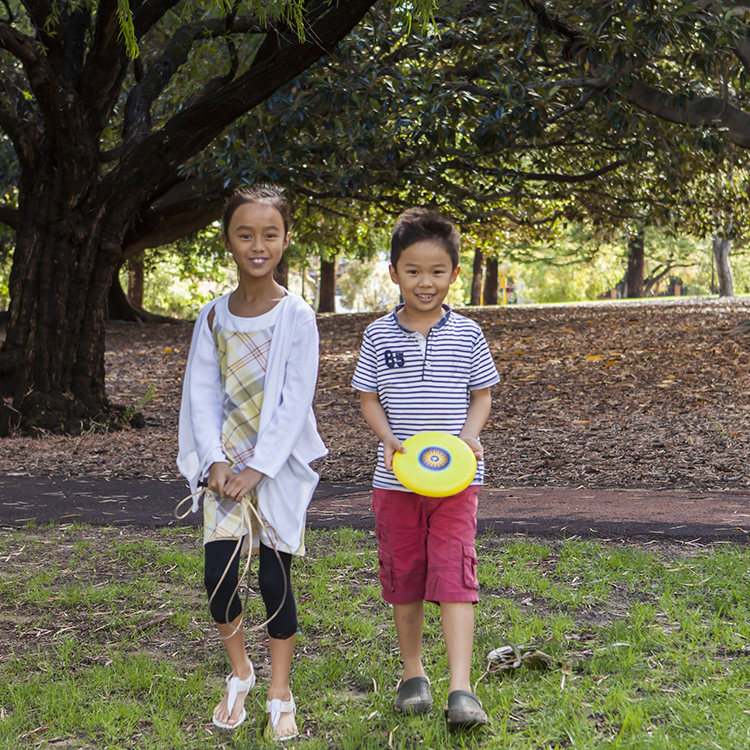Search
Research
Common-sense approaches to sharing tabular data alongside publicationNumerous arguments strongly support the practice of open science, which offers several societal and individual benefits. For individual researchers, sharing research artifacts such as data can increase trust and transparency, improve the reproducibility of one's own work, and catalyze new collaborations.
Research
Global distribution of human hookworm species and differences in their morbidity effects: a systematic reviewThe global distribution and morbidity effects for each specific hookworm species is unknown, which prevents implementation of the optimum intervention for local hookworm control.
Research
Maps and metrics of insecticide-treated net access, use, and nets-per-capita in Africa from 2000-2020Insecticide-treated nets (ITNs) are one of the most widespread and impactful malaria interventions in Africa, yet a spatially-resolved time series of ITN coverage has never been published. Using data from multiple sources, we generate high-resolution maps of ITN access, use, and nets-per-capita annually from 2000 to 2020 across the 40 highest-burden African countries.
Research
Achieving universal electrification of rural healthcare facilities in sub-Saharan Africa with decentralized renewable energy technologiesA potential response to the COVID-19 pandemic in sub-Saharan Africa (SSA) with long-term benefits is to provide electricity for medical equipment in rural health centers and communities. This study identifies a large gap in the electrification of healthcare facilities in SSA, and it shows that decentralized photovoltaic systems can offer a clean, reliable, quick, and cost-effective solution.
Research
Data utilisation and factors influencing the performance of the health management information system in TanzaniaHealth Management Information System (HMIS) is a set of data regularly collected at health care facilities to meet the needs of statistics on health services. This study aimed to determine the utilisation of HMIS data and factors influencing the health system's performance at the district and primary health care facility levels in Tanzania.
Research
Semi-field evaluation of the exposure-free mosquito electrocuting trap and BG-Sentinel trap as an alternative to the human landing catch for measuring the efficacy of transfluthrin emanators against Aedes aegyptiThe human landing catch (HLC) measures human exposure to mosquito bites and evaluates the efficacy of vector control tools. However, it may expose volunteers to potentially infected mosquitoes. The mosquito electrocuting trap (MET) and BG-Sentinel traps (BGS) represent alternative, exposure-free methods for sampling host-seeking mosquitoes. This study investigates whether these methods can be effectively used as alternatives to HLC for measuring the efficacy of transfluthrin emanator against Aedes aegypti.
Research
Global economic costs due to vivax malaria and the potential impact of its radical cure: A modelling studyAn estimated 14 million cases of Plasmodium vivax malaria were reported from Asia, Central and South America, and the Horn of Africa. The clinical burden of vivax malaria is largely driven by its ability to form dormant liver stages (hypnozoites) that can reactivate to cause recurrent episodes of malaria. Elimination of both the blood and liver stages of the parasites ("radical cure") is required to achieve a sustained clinical response and prevent ongoing transmission of the parasite.

Our Child Health Analytics Team uses cutting-edge technologies to better understand how and why the health and wellbeing of children varies from place to place. We develop innovative geospatial methods that can harness large, complex datasets to pinpoint hotspots of elevated risk, evaluate change through time, and explore underlying drivers.
Research
Risk factors associated with post-tuberculosis sequelae: a systematic review and meta-analysisPost-tuberculosis (TB) sequelae present a significant challenge in the management of TB survivors, often leading to persistent health issues even after successful treatment. Identifying risk factors associated with post-TB sequelae is important for improving outcomes and quality of life of TB survivors. This systematic review and meta-analysis aims to identify risk factors associated with long-term physical sequelae among TB survivors.
Research
Fine-scale maps of malaria incidence to inform risk stratification in LaosMalaria risk maps are crucial for controlling and eliminating malaria by identifying areas of varying transmission risk. In the Greater Mekong Subregion, these maps guide interventions and resource allocation. This article focuses on analysing changes in malaria transmission and developing fine-scale risk maps using five years of routine surveillance data in Laos (2017-2021). The study employed data from 1160 geolocated health facilities in Laos, along with high-resolution environmental data.
